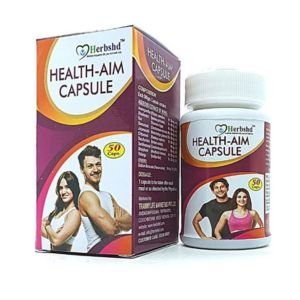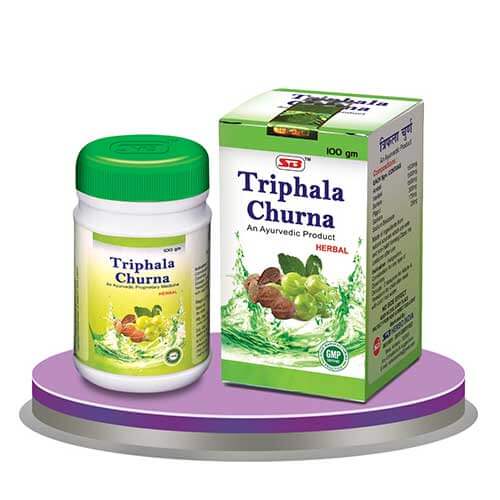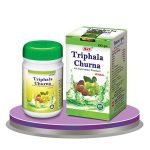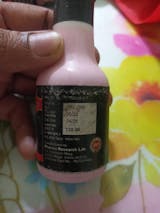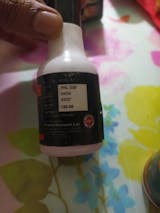Quick Ayurvedic Natural Remedies to Get Relief from Acute Back and Neck Pain
Neck pain can be a common problem for many people and can have a variety of causes. It can manifest in different ways, such as back of neck pain, pain, or pain on one side of the neck. The spine is a common area where pain can occur due to various factors, including muscle strain or sprain, herniated discs. Symptoms of pain may include stiffness or limited mobility in the neck, pain or discomfort that worsens with movement, and headaches that in the neck. Other symptoms may include numbness or tingling sensations in the arms, hands, or fingers. Neck pain can be caused by various factors, such as posture, repetitive strain, whiplash injuries, or degenerative conditions like . It can also result from muscle strains or sprains due to sudden movements or overuse. Continue reading to find out more.
What Causes Neck Pain?

posture: Prolonged periods of sitting or standing with your head forward and shoulders rounded can strain the neck muscles and cause pain.
Injury or trauma: Whiplash, falls, or other traumatic events can cause damage to the structures of the neck, including the muscles, ligaments, and bones.
Pinched nerves: When nerves in the neck are compressed or pinched, it can cause pain, numbness, or tingling in the neck, shoulders, arms, or hands.
Herniated or bulging discs: Discs in the neck can bulge or herniate, causing pressure on nerves and leading to pain and weakness in the neck and arms.
Tension headaches: Tension headaches can cause pain and tightness in the neck muscles.
sleeping habits: Sleeping in an uncomfortable position, using an unsupportive, or sleeping on your stomach can strain the neck muscles and cause pain.
Symptoms of Neck Pain:
The symptoms of neck pain can vary depending on the underlying cause, but common symptoms include:
-
Pain or stiffness in the neck: This is the most common symptom of neck pain. The pain may be dull, achy, or sharp and can range from mild to severe.
- Limited range of motion: You may find it difficult to turn your head or move your neck in certain directions.
-
Headaches: Neck pain can cause tension headaches, which can range from mild to severe.
-
Numbness or tingling in the arms or hands: If nerves in the neck are affected, you may experience numbness or tingling in the arms or hands.
-
Weakness in the arms or hands: If nerves in the neck are affected, you may experience weakness in the arms or hands.
-
Dizziness or lightheadedness: Neck pain can sometimes cause dizziness or lightheadedness.
-
Difficulty swallowing: If the pain is severe or if there is an underlying medical condition, you may experience difficulty swallowing.
Suggested Home Remedies for Neck Pain:
Neck pain can be caused by a variety of factors such as posture, injury, stress, or medical conditions. Here are some home remedies that may help alleviate neck pain
-
Turmeric & milk :
You can use turmeric for neck pain by mixing a little bit of turmeric powder to warm milk and drinking it. You can also make a semisolid paste of it by adding a little water and applying it to the neck.
- Hot or cold compress: Applying a hot or cold compress to the affected area can help reduce pain and inflammation. Use a warm towel or heating pad for 15-20 minutes at a time, or an ice pack wrapped in a towel for 10-15 minutes at a time.
-
Gentle stretching: Slowly and gently stretching your neck muscles can help ease tension and alleviate pain. Try simple neck stretches such as tilting your head forward and backward, or side to side.
-
Massage: Massaging the affected area can help increase blood flow and reduce muscle tension. You can use your own hands to gently massage your neck, or seek the help of a professional massage therapist.
-
Posture improvement: posture can put strain on your neck muscles and lead to pain. Make sure to sit and stand up straight, and avoid hunching over your computer or phone.
-
Epsom salt bath: Soaking in a warm bath with Epsom salt can help relax your muscles and reduce inflammation. Add two cups of Epsom salt to your bathwater and soak for 15-20 minutes.
-
Stay hydrated: Drinking enough water can help keep your muscles hydrated and prevent muscle tension and pain.
-
Camphor
Camphor has been used in the preparation of many balms. It has been in use for ages for the management of pain, especially arthritic pain and muscle pain, which commonly leads to neck pain. The pain-relieving action of camphor is due to its activity in blocking pain receptors. Its action was seen to provide long term pain relief in one of the studies.9 You can use camphor in the form of oil for application over the neck.





